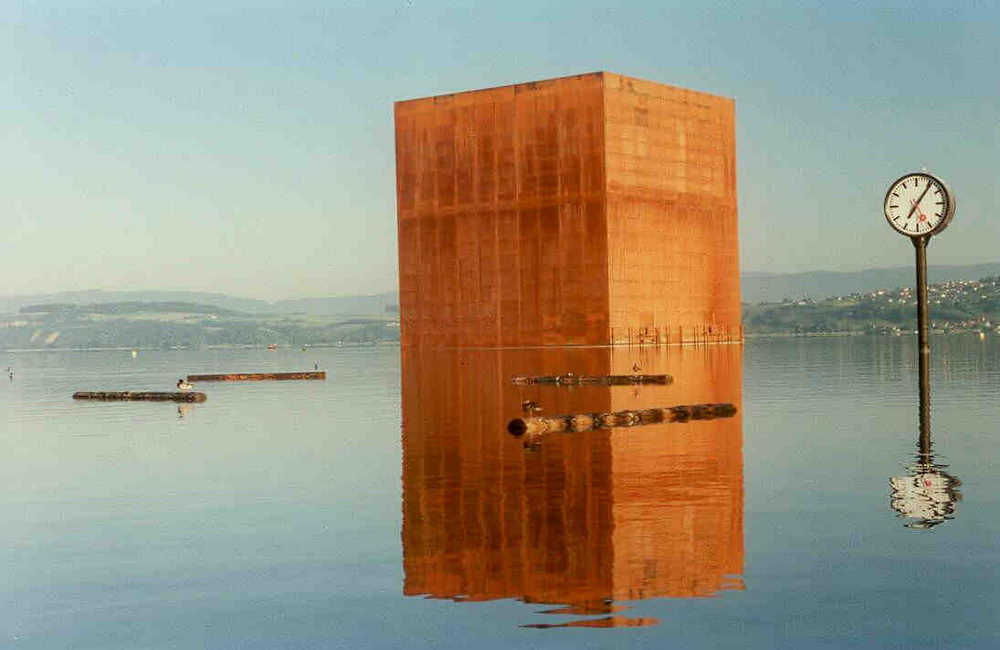A gentleman who refers to Australia quite a bit — and spells as if he’s from there (behaviour) — has jumped on the bandwagon, the players aboard which are playing a dirge for advertising. He wrote a piece called, “Don’t Be Advertising!” And he loaded it with ambiguities, suppositions, and typos. Here’s a sample:
This is not about TV v digital, this is humans behaviour v brand thinking … This is not about the changing media world (that is done), this is instant access to knowledge and experiences that change what our future base level of expectation … advertising [is] a diminishing return in anybody book, whether thats 18 months, 5 years or 10, it’s going to happen and we are powerless to change it.
And he cashes it out in an equation, as so many would-be marketers and advertisers seemingly are wont to do these days:
Experience + product + service + content + WOM
We probably should assume (the gentleman doesn’t tell us) that WOM is an abbreviation for word of mouth. (That seems a more reasonable guess than World of Motion, World Oilfield Machine, or World of Medicine.) If we’re right, then we also can assume our experiences determine the products we create, the services we provide, and the content by which we promote them, inevitably leading to the Holy Grail of WOM.
Two questions:
- What if our experiences are different from those of our prospective customers?
- What if, as an advertising agency, we’ve grown so monstrously unwieldy that we’re too big to scale — so detached from the experiences of our prospects that we can no longer reach them?
As soon as we’ve become more focused on discerning the experiences of our prospects, rather than knowing our prospects, we’ve lost them. As soon as we’ve become more intent on creating content that speaks to the experiences we think we’ve discerned about our prospects, rather than talking to our prospects to learn about the content that might actually attract them, we’ve lost them. And as soon as we’ve become more attentive to data about our prospects, rather than talking to them, we’ve lost ourselves.
If our Australian friend realized that — or if he had any sense of irony — he might not have written this:
As an industry, we have more data than ever and know less than ever about what works, what will work and what to do next.
—
Image of the “Monolith”, the main attraction of the Expo 02 Arteplage in Murten, © Tuchschmid.

